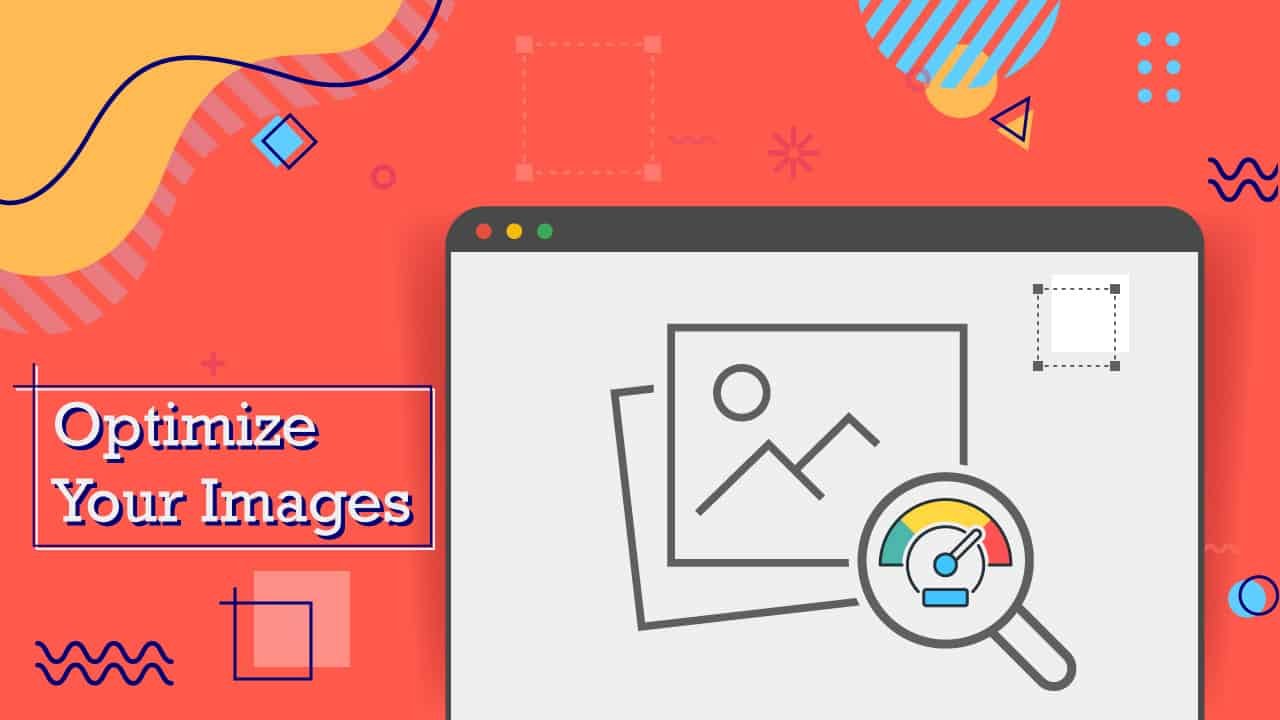Image optimization is now a very important part of search engine optimization. It is crucial if you want to increase your overall SEO performance.
Images are an integral part of your blog or article. When you are scrolling down and surfing, suddenly an attractive image can make you stop. Pictures create the first impression of your blog. According to statistics reports, blogs that have pictures on them get more clicks. Images have lots of importance on your blog or article. But the importance of images is not only limited to the looks and grabbing the attention of viewers. Images have a profound impact on SEO for your post.
Most people focus only on the writing of the blog. They choose relevant keywords, use them, and give the main priority to contents. But, images are also a significant factor in SEO.
Read: The Beginner’s Guide to SEO
Besides the websites, images also rank on search engines, so if you do the proper Seo work for images, you may increase the audience. In fact, if you do not focus on search engine optimization for your pictures, your overall SEO performance will go down. So if you are looking for the ways by which you can optimize the images of your website then, this is the right place. Below we are mentioning some for optimizing images.
Use meaningful names for image optimization:
Giving a meaningful and keyword mentioned name to pictures is important. When you write a blog or article, you mention the focus keyword on the title. It is important because this represents the whole article, what is this about. When search engines show any result, their crawlers first see the title. The same thing happens with the picture titles. If you use relevant keywords on the image title, then search engines easily can detect what is the image is about. Some people do not put appropriate names on the title; they just put numbers or any meaningless characters. This is entirely wrong. If search engines do not understand what the image is about, then how it will show your results.
Choose the right resolution for pictures:
Now we can see lots of variations in devices and displays by which we access the internet. All size of photos does not fit in all devices. If we look at Google search any image, various dimensional images come as a result. But on your blog or website, you should implement search engine friendly images. Search engine friendly refers here to some specific sizes which fit in all screen sizes.
Image size should be optimized:
Search engines always prefer fast loading websites or web pages. When someone searches on Google, it searches for the fastest and relevant results. If you see on the top results on Google, every site is fast enough. A practical and straightforward matter is if your webpage is smaller in size, it will load faster. To make it your webpage image size is very crucial because, typically, the photo sizes are much bigger than other content. So if you have big size images on your webpage, it will make your web page slow to load. If you use very low size images, they will not remain attractive, and it will affect your user experience. So, you should minimize the size of your pictures by not compromising the image quality.
Give Alt text for image optimization:
Alt text or alternate text is used to provide the search engine crawlers to give additional information about the picture. Alt text provides viewers also extra information if they cannot access the image or if the image not loaded, the browser shows the alt text. By looking at the alt text, viewers get an idea of what was the picture.
Thanks for reading. We hope this was informative. Read more SEO related articles,
